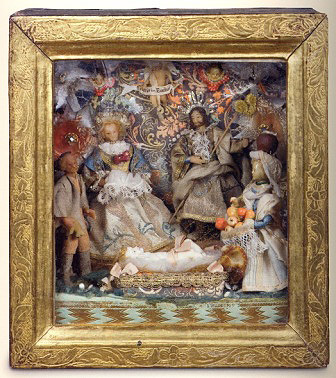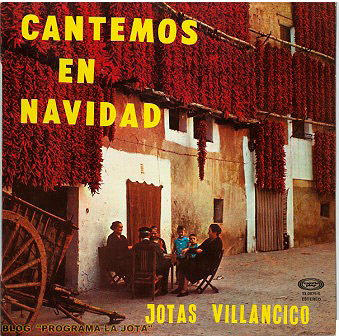Ruta de navegación
agenda_y_actividades_conferencias_2014_costumbres-navidad-ribera
December 17, 2014
Lectures
CHRISTMAS CYCLE
Christmas traditions in the Ribera of Navarre
Ms. Susana Irigaray Soto
Head of the Museum Section. Ethnological Museum Julio Caro Baroja. Government of Navarra
Christmas is part of the Winter Festive Cycle, a long period of time characterized by being the coldest season of the year, with the shortest days. The popular celebrations around Christmas are characterized by some common features, such as the prominence of childhood, the resonance of ancient traditions, even before Christianity, in some rites and the relationship of the whole cycle with the carnival (broad carnival versus strict carnival, according to anthropologists). All winter festivals have elements characteristic of carnival, such as the subversion of social order, excess, costumes, impersonation, noise, etc.
Perhaps the most characteristic of the riverside Christmas, which has not preserved a great variety of its own rituals, is the joy and merriment with which it was celebrated, even inside the churches, in contrast with the sobriety and seriousness of the mountain spirit.
From the singing of the "O" or antiphons of the Expectation of the birth of the Virgin, with the "bailecico del Niño Jesús" in the convent of "las claras" in Tudela, to the Fiteran lavishness of the "emperor's" feast recorded in 16th century documentation, the Christmas cycle in the villages of La Ribera is a compendium of graceful scenes, where the spontaneous character of these people shines through.

Birth of the Arrese Collection of Corella
From the Carmelites of Araceli, XVIII century.
Terracotta, wax, paper, cardboard and fabrics.
(Photo: R. Fernández Gracia, A Belén pastores! Historical Nativity Scenes in Navarre, Government of Navarre, 2006, p. 114)
The dances of shepherds inside the churches during the rooster's mass are curious, as it happened in Fitero, where they even ate during the celebration. This custom of shepherds dancing inside the churches during the Christmas and Epiphany celebrations was maintained, in spite of the ecclesiastical prohibitions, preserving in Fitero until today a musical witness of those celebrations, some shepherds' airs and dawns of subject Galician that the organists of bequest have been playing since the second third of the XIX century.

Festival of "jotas villancico" in Lodosa, 1977
